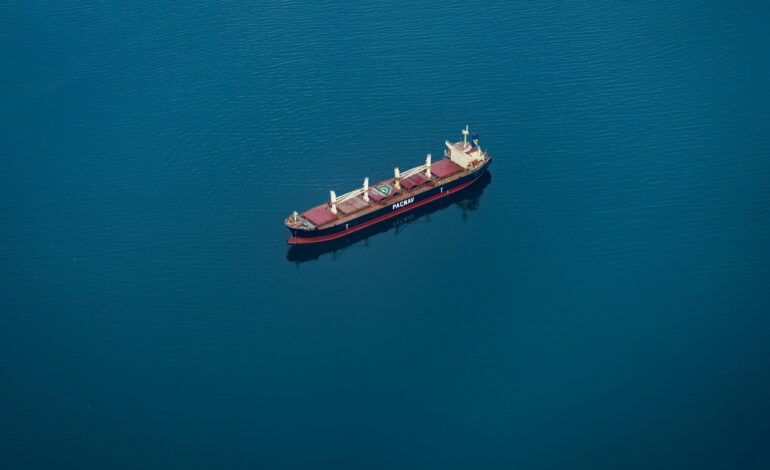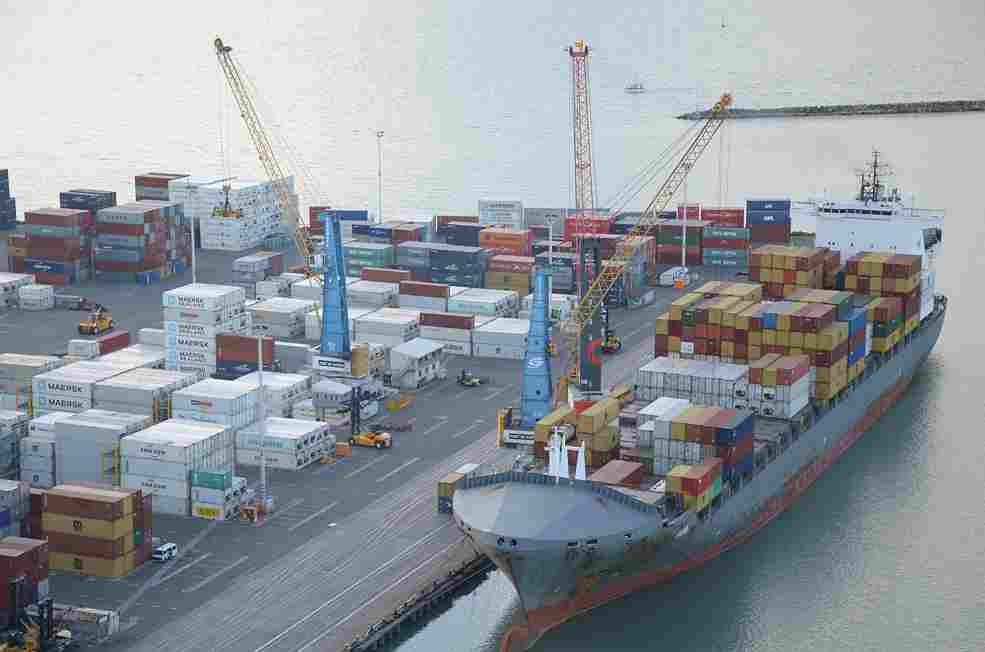
Bunker Fuel Contamination: Causes and Consequences
Bunker fuel contamination poses significant risks and challenges to the maritime industry, impacting vessel operations, safety, and environmental sustainability. This article examines the causes, consequences, and mitigation strategies associated with bunker fuel contamination, highlighting the importance of stringent quality control measures and regulatory compliance.
Causes of Bunker Fuel Contamination
- Mixing of Fuels: Contamination can occur when different grades or types of fuels are mixed during storage, transportation, or bunkering operations. This can lead to chemical reactions, sedimentation, and changes in fuel properties that affect combustion efficiency.
- Water Ingress: Water ingress into fuel tanks due to improper storage, handling, or adverse weather conditions can cause microbial growth, rust, and corrosion. Water contamination in bunker fuel can degrade fuel quality and lead to engine problems during combustion.
- Handling and Storage Practices: Improper handling and storage practices, such as inadequate filtration, poor tank cleaning procedures, or using contaminated equipment, can introduce impurities and contaminants into bunker fuel.
- Supplier Quality Issues: Quality control lapses by fuel suppliers, including inadequate testing, blending errors, or the use of substandard additives, can result in contaminated bunker fuel being delivered to vessels.
Consequences of Bunker Fuel Contamination
- Engine Damage and Performance Issues: Contaminated bunker fuel can cause engine malfunction, reduced efficiency, increased wear and tear on engine components, and potentially lead to costly repairs and downtime for vessels.
- Safety Risks: Fuel contamination poses safety risks to crew members and vessels due to increased likelihood of engine failures, fires, and operational disruptions at sea.
- Environmental Impact: Combustion of contaminated bunker fuel can increase emissions of air pollutants, including sulfur oxides (SOx), nitrogen oxides (NOx), and particulate matter, contributing to air pollution and environmental degradation.
- Legal and Regulatory Repercussions: Non-compliance with bunker fuel quality standards, as stipulated by international regulations such as MARPOL Annex VI, can result in penalties, fines, and potential legal liabilities for ship owners and operators.
Mitigation Strategies
- Quality Assurance and Testing: Implementing rigorous quality assurance protocols, including fuel sampling and testing procedures, at every stage of the supply chain—from procurement to bunkering—helps identify and mitigate potential contaminants.
- Compliance with Standards: Adhering to international standards and regulations for bunker fuel quality, such as those outlined in MARPOL Annex VI, ensures that vessels receive compliant fuels with specified sulfur content limits and emission requirements.
- Proper Storage and Handling: Maintaining clean and dry fuel storage tanks, using effective filtration systems, and implementing regular tank cleaning procedures minimize the risk of water ingress and microbial contamination.
- Supplier Management: Establishing partnerships with reputable fuel suppliers that adhere to stringent quality control measures and provide transparent documentation of fuel testing results and certifications.
Industry Challenges and Future Outlook
- Technological Advancements: Continued advancements in fuel testing technologies, such as online monitoring systems and portable analyzers, enhance real-time detection capabilities and improve overall fuel quality management.
- Regulatory Compliance: Ongoing updates to international regulations, including stricter sulfur emission limits and emission control area requirements, drive industry-wide efforts towards cleaner and more sustainable bunker fuel practices.
- Education and Training: Enhancing crew training and awareness on bunker fuel quality management and handling practices ensure proactive identification and mitigation of contamination risks.
Conclusion
Bunker fuel contamination presents significant operational, safety, and environmental challenges for the maritime industry. By implementing robust quality control measures, adhering to regulatory standards, and fostering collaboration across the supply chain, ship owners, operators, and fuel suppliers can effectively mitigate risks associated with bunker fuel contamination. Ensuring clean and compliant bunker fuels not only safeguards vessel performance and safety but also promotes environmental sustainability in maritime operations.





